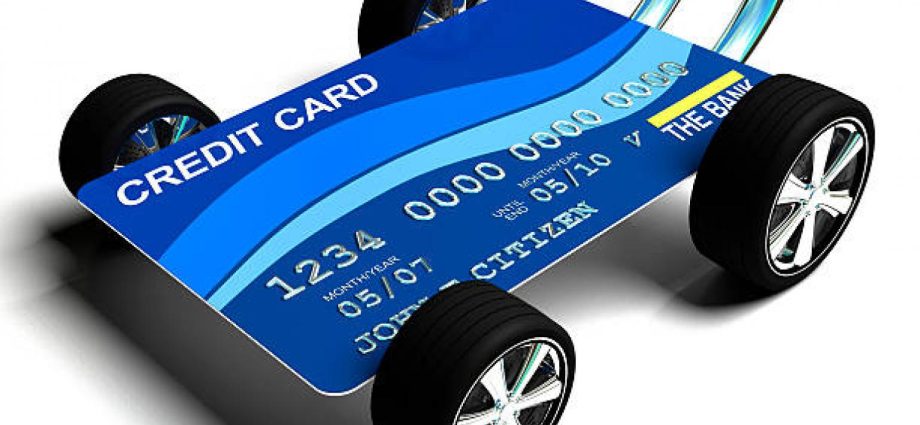Purchase of a vehicle using credit cards may be possible, but only if they offer a 0% APR offer and you can quickly repay it without incurring transaction fees and interest charges that make the purchase unaffordable.
Most dealerships do not accept credit cards because it costs them money to accept payments made with them; each time one is processed they incur a processing fee of approximately 3% of payment processing fee.
Dealerships that accept credit cards
Car dealerships typically accept credit cards as partial payments or down payments when purchasing cars; however, using one as the primary way of financing the purchase may not be the wisest financial move as interest rates on credit cards tend to be significantly higher than traditional auto loans. Furthermore, having enough available credit limits should cover the purchase price.
Credit cards offer rewards that make purchasing cars appealing, but placing the entire purchase on them may prove counter-productive in the long run. Overpaying on interest can quickly negate any savings achieved by rewards earned; that is why many dealers restrict credit card purchases; merchants also typically charge transaction fees of 1%-3% of total sale when accepting credit card payments from consumers.
Dealerships that don’t accept credit cards
Car dealerships typically do not accept credit cards as full payments for vehicle purchases, though some may accept plastic for partial or down payments or payments that cover part of the total cost of purchasing one. While using plastic may provide rewards opportunities, it’s also important to understand its pros and cons before engaging in such transactions.
Most dealerships charge a credit card processing fee when you make your car purchase with credit. This cost can quickly add up if purchasing a larger car and if unable to repay before your initial period ends you may end up with interest fees that outstrip its worth.
Utilizing credit cards for car purchases can be an intelligent financial decision if the balance can be paid off before its due date. Also consider manufacturer incentives or any other potential savings measures before making your purchase decision.
Buying a car with a credit card
Credit cards can make sense when used to buy cars in certain situations, especially when the dealership waives or reduces their processing fee. Plus, some cards offer zero interest for 12 to 15 months which may help finance all or part of your car purchase as well as earning rewards while doing it!
Before using a credit card to buy a car, always consider your credit utilization ratio. Your utilization percentage plays a large part in calculating your credit scores; excessive use can have adverse repercussions. Furthermore, make sure to call your card issuer early on so they know about this large transaction to prevent a fraud alert from being placed against your account. Alternatively, purchasing it with cash or traditional auto loans are viable alternatives.
Buying a car with cash
Cash can save money when purchasing a car, but this isn’t always feasible. Processing fees could add extra costs. Before making your decision, be sure to conduct a full inspection and obtain all available inspection reports before purchasing. In addition to cash purchases, other methods of purchasing such as personal checks or bank wire transfers may also work; just ensure you have been preapproved for a loan beforehand!
Car dealers typically allow customers to use credit cards to put down part of the price for a vehicle they are purchasing, though some don’t allow this practice. Therefore, it is vital that research the potential benefits and drawbacks associated with using one. One major consideration when using credit cards is its impact on your credit utilization ratio which plays an integral part of credit scoring; similarly interest charges can be prohibitively expensive. Having said this, credit cards do offer many perks which could come in handy; however if not careful use may result in overspending!











